“Medieval Underpants and Other Blunders: A Writer’s (& Editor’s) Guide to Keeping Historical Fiction Free of Common Anachronisms, Errors, & Myths” by Susanne Alleyn (second edition)
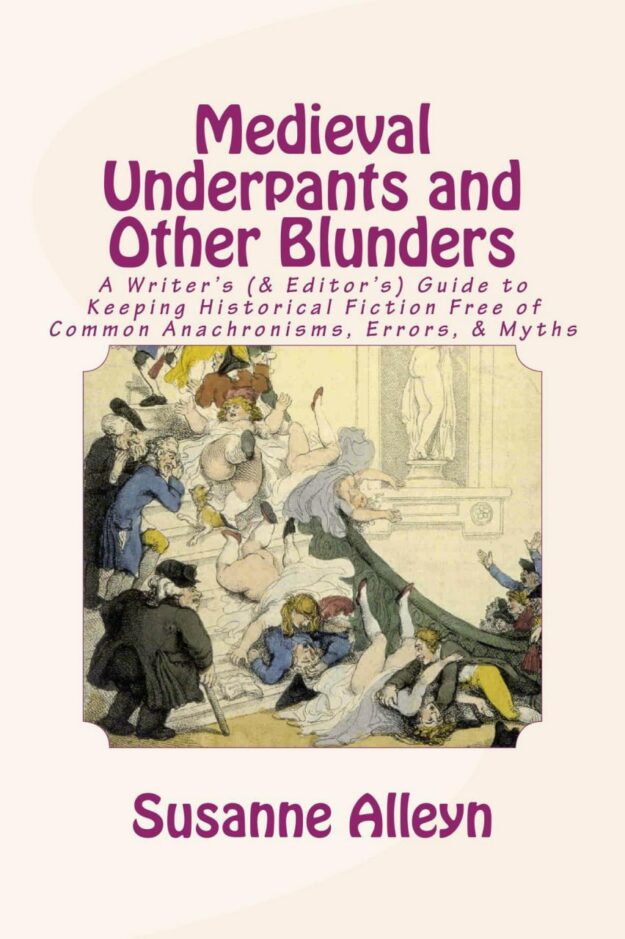
"This is not a book on how to write historical fiction. It is a book on how not to write historical fiction.
If you love history and you’re hard at work writing your first historical novel, but you’re wondering if your medieval Irishmen would live on potatoes, if your 17th-century pirate would use a revolver, or if your hero would be able to offer Marie-Antoinette a box of chocolate bonbons . . .
(The answer to all these is “Absolutely not!”)
. . . then Medieval Underpants and Other Blunders is the book for you.
Medieval Underpants will guide you through the factual mistakes that writers of historical fiction—both beginners and seasoned professionals—often make, and show you how to avoid them. From fictional characters crossing streets that wouldn’t exist for another sixty (or two thousand) years, to 1990s slang in the mouths of 1940s characters, to South American foods on ancient Roman plates, acclaimed historical novelist Susanne Alleyn exposes the often hilarious, always painful goofs that turn up most frequently in fiction set in the past.
Alleyn stresses the hazards to writers of assuming too much about details of life in past centuries, providing numerous examples of mistakes that could easily have been avoided. She also explores commonly-confused topics such as the important difference between pistols and revolvers, and between the British titles “Lord John Smith” and “John, Lord Smith” and why they’re not interchangeable, and provides simple guidelines for getting them right. In a wide assortment of chapters including Food and Plants; Travel; Guns; Money; Hygiene; Dialogue; Attitudes; Research; and, of course, Underpants, she offers tips on how to avoid errors and anachronisms while continually reminding writers of the necessity of meticulous historical research."
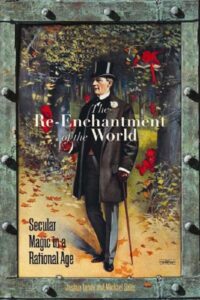
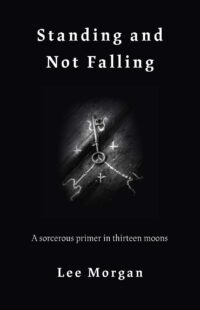
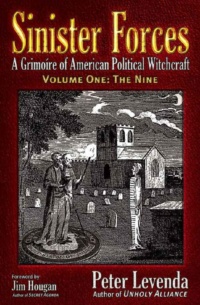
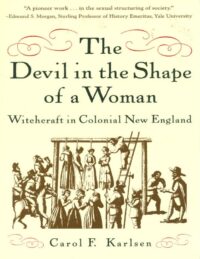
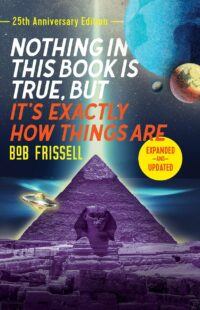
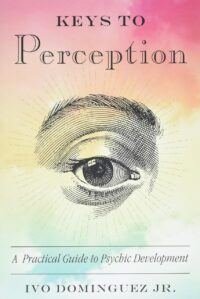

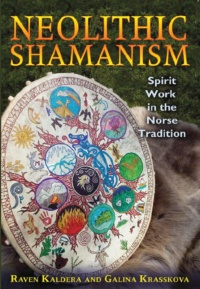

Comments and discussion can be found in the channel